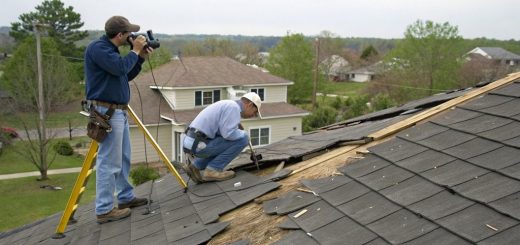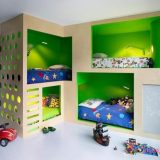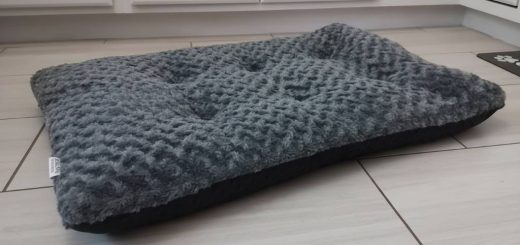What is metal spray?
Metal spray is one of a number of popular techniques used to add coatings to the surfaces of objects. The items that are sprayed are known as substrates.
Why coat an object?
There are several reasons for adding a coating to the surface of an object – all of which look to improve it or add desirable attributes. These include hardness, corrosion resistance, wear resistance, conductivity and lubricity. All of these can extend the lifespan of the object, as well as improve it from an aesthetic perspective.

Adding a coating can also be a way of repairing damaged items. Coated objects are used in numerous industries including aerospace, agriculture, automotive, biomedical, marine, power generation, aeronautics, mining and many others.
Thermal Spray Processes
The most common processes used are Arc spray, Flame spray, Plasma spray, High-Velocity Air-Fuel spray (HVAF), and High-Velocity Oxygen-Fuel spray (HVOF).
Thermal Plasma Spray Expertise
Thermal plasma spray is a popular method of adding high-quality coatings, and there are a variety of companies that specialise in this field. Thermal plasma spray experts such as Poetons can offer advice as to what options are best for your needs.
Coating Materials
What can be coated?
The types of materials that can be coated include metals, ceramics, carbon fibre, glass, plaster, polystyrene, plastics and wood.
Advantages over other methods
The metal spray coating process has a number of advantages over other methods such as galvanising and painting.

Metal Spray can offer several varieties of anti-corrosion coatings. Little heat input is required, which eliminates the risk of distortion or degradation. There is no limit to the size of the substrate that needs treating, and the coating thickness can be tightly controlled and varied as needed.
There is no pre-mixing required (unlike with paint), and sprayed metals can withstand rougher usage. Metal-sprayed coatings are generally more robust than paints, and corrosion resistance and protection are effective immediately.

















